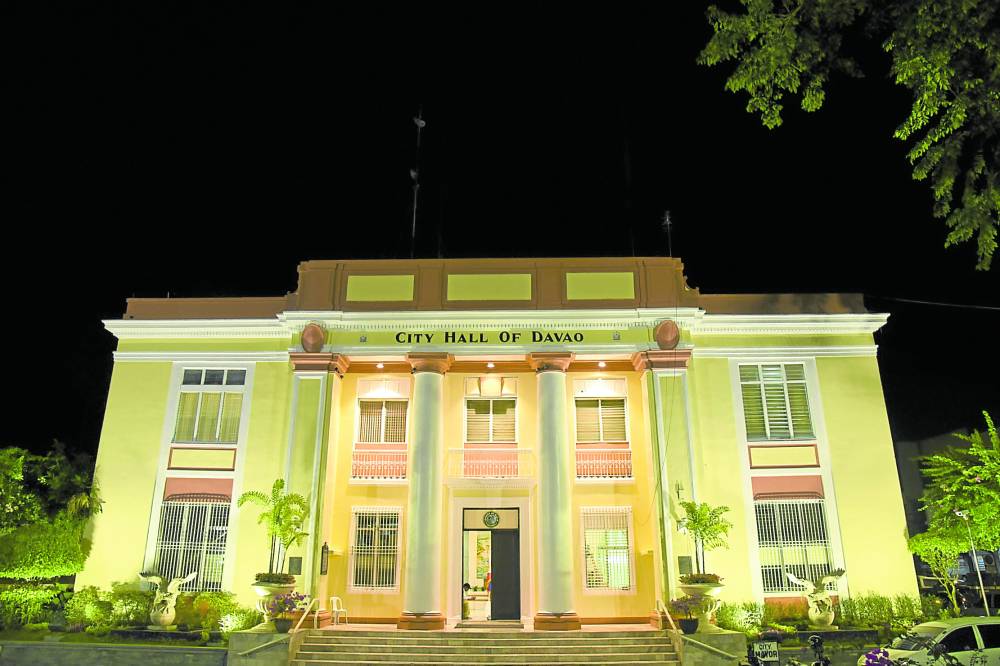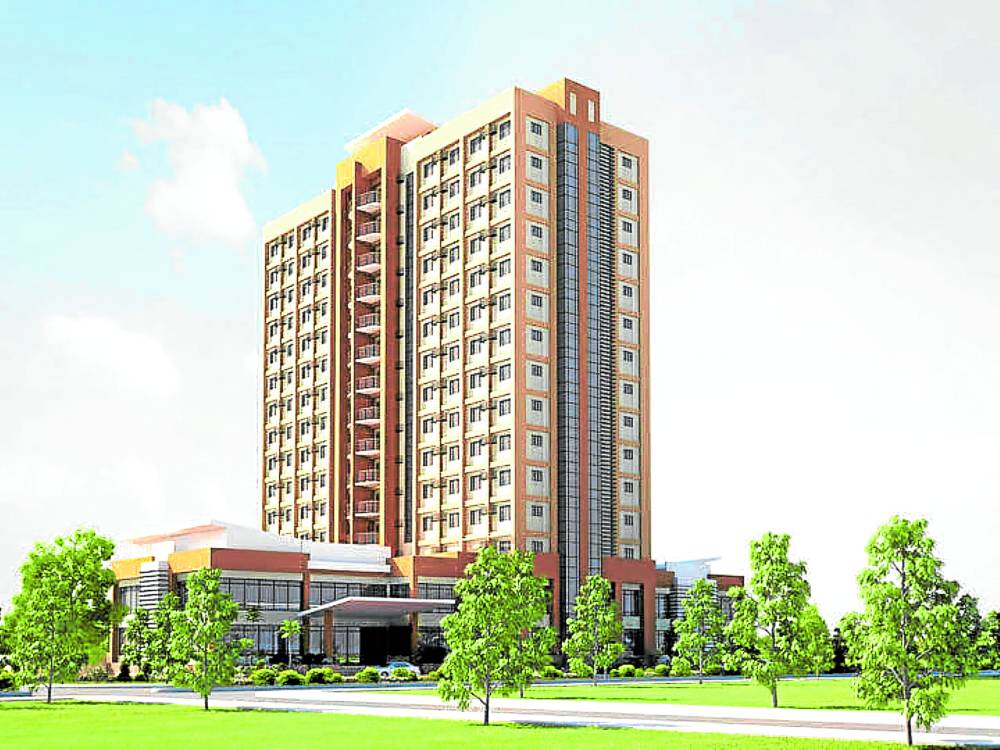
Davao City is recognized as one of the centers of development on Mindanao Island. (https://www.davaocity.gov.ph)
Davao City is recognized as one of the centers of development on Mindanao Island. This city is thriving in terms of business climate, economy, natural resources, and infrastructure development.
As the capital of the Davao region, Davao City has extensive air, sea, and land links that connect it not only to other provinces and cities in the Philippines, but also to the rest of the world. It was lauded as the entrance to the sub-regional economic bloc known as the Brunei-Indonesia-Malaysia-Philippines East ASEAN Growth Area, making it accessible to about 57.5 million people.
The city attributes its growth not only to its people and government, but also to the strong links it had formed with other cities and countries. Davao City now has 23 sister cities, some of which are in Luzon, as well as 14 honorary consular offices and four consular offices.
These sisterhood relationships have opened up opportunities for trade and commerce, cultural exchange programs, educational partnerships, business collaborations, and tourism development. They also provide a possible source for Davao City’s future start-up or business incubation activities, notably in research, science, and technology.
Davao City’s strategic and excellent location facilitates and accelerates economic development. It has established itself as an attractive destination for investors over the past several years.

Davao City’s strategic and excellent location facilitates and accelerates economic development. (https://staluciamarketing.com)
Agri-industrial city
Also known by many names —the “Cacao Capital of the Philippines” due to its production of up to 80 percent of the country’s cacao production, the “Durian Capital of the Philippines,” the “Fruit Basket of the Philippines,” and the “King City of the South” due to its choice attractiveness for agribusiness —Davao City is an agri-industrial city with an abundance of agricultural products and raw materials.
Southern Mindanao’s abundant supply of agricultural products and raw materials, as well as low labor costs and a responsive market of more than 5.48 million people, encourage investments in agribusiness, food production, and other agri-industrial processing viable.
Currently, the city houses large coconut oil mills, activated charcoal plants, and vast plantations for coconut, durian, banana, cacao, and other agricultural products.
The initiative of the city for agricultural innovation, which includes energy-efficient farming systems, organic and environment-friendly technologies, and high-value commercial crop programs, allows for more attractive investment opportunities in the industry.
Agribusiness, one of the priority investment areas in the city, has four existing agri-industrial businesses listed on the website of the Davao City Investment Promotion Center: Davao Food Terminal Complex, Puentespina Farm (Malagos Chocolate), Davao Agricultural Ventures Corps. (DAVCO), and Dizon Farms.
Davao is the Cacao Capital of the Philippines. (https://malagoschocolate.com)
Infrastructure
As the region’s growth hub, Davao City has witnessed tremendous infrastructure development over the years, including roads, bridges, and utilities that support economic activity and increase connection inside the city and with the rest of Mindanao.
Earlier this year, in February 2024, the National Economic and Economic Development Authority Board, chaired by President Ferdinand R. Marcos Jr., approved the 45.5-kilometer, four-lane Davao City Bypass Construction Project under the Build-Better-More Program. The bypass construction project is expected to improve traffic logistics within Davao City and contribute to the economic progress of the surrounding region. This will also benefit 15,781 daily travelers each day.
Through partnerships with private companies and other public agencies, the city is hosting other big-ticket infrastructure projects such as the Davao Coastal Road and the High Priority Bus System, according to the website of the Davao City Investment Promotion Center.
Source: Inquirer Archives, invest.davaocity.gov.ph, pna.gov.ph, davaocity.gov.ph, pco.gov.ph

